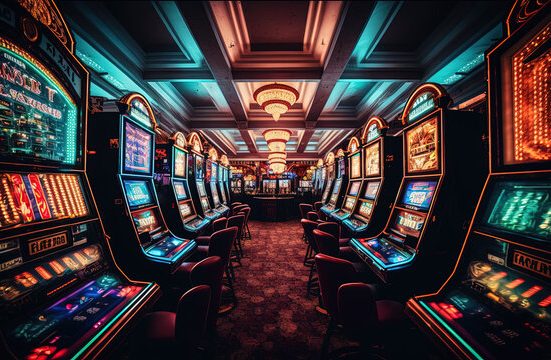Because the internet can blur borders and because society accepts casino gambling and sports betting, it eventually sheds light on American gambling laws’ inconsistencies. Most sports betting activities moved operations to cyberspace and took advantage of the opportunities offered by the internet in the mid-1990s. Many online gambling sites offer sports and casino gambling, some based in Ireland, Costa Rica, and Jamaica.
Despite being based overseas, these sites have a large client base and revenues from American states. Recent studies have shown that online casinos and sports betting sites make more than the legal casinos in Nevada. Online gambling and betting sites made $70 billion in 2005. This is incredible compared to the $2 billion reported from Nevada casinos. This amount is sufficient to end the three-decade-old rule of Nevada casinos, which spanned the 60s through the early 90s. They are a threat to the Nevada gambling industry, considering that they have been in operation for two decades.
Las Vegas has been the only legal place to gamble for decades. Atlantic City also made gambling legal. The following decades saw the rise of Indian casinos, state lotteries, and card clubs across the country. These developments, however, are not sufficient to rival online gambling. Online gambling is not affected by the opposition of US legal casinos. Gambling laws in the United States of America are not helping. They differ from one state to the next. While most states ban gambling, some states allow exceptions. These inconsistencies make it easy to find loopholes in the law and exploit them. The American Gaming Association takes a defensive stance on online gambling. The group advocates for federal legislation to regulate online gambling. They believe that the unregulated nature of online gambling is an advantage over traditional casinos. Regulation would bring both sides on equal footing.
However, Nevada casinos continue to follow the old rule: If you can’t beat them, join them. In November 1998, a new trend began: traditional casinos acquired offshore online gambling companies to increase their profits. A Hilton Hotels affiliate absorbed Centrebet.com, an Australian sportsbook. This cycle spawned another round of debates, with other Nevada casinos following suit.
The traditional casinos have set their sights higher than they did earlier, despite their initial dislike for online gambling. They are now pressing Congress to pass legislation that legalizes online gaming. They do this to reduce production costs. Legalization allows them to move their operations to the US. Harrah’s Casino and MGM Mirage, two of the most prominent casinos in Nevada Swedish betting sites, have requested online gambling regulation. This request for restriction does not aim to make traditional casinos more competitive with online gambling sites. There was a shift in the competition between online casinos and Nevada-owned casino sites. The Nevada casinos will see double profits if they regulate.
Gaming enthusiasts can still enjoy their casino fix regardless of what happens with this latest development in online gambling. If the regulation is approved, it could mean that online betting would have more security since US laws currently regulate it. Casino gambling is dynamic and constantly changing, just like before.









